Key Takeaways:
- Human genetics research can elucidate mechanisms of disease and help identify new drug targets.
- Studying genetic variants linked to disease risk or drug response helps stratify patients and inform clinical trials.
- Genomic data enables the development of precision medicines targeted to patients’ genetic profiles.
- Pharmocogenomics and genetic screening guides optimal drug usage and minimizes adverse reactions.
- Advancements in genetic analysis technologies are enabling more rapid and expansive use of genomic data in drug R&D.
The Value of Human Genetics in Drug R&D
Developing new drugs is a lengthy and expensive process with a high failure rate. On average, it takes 10-15 years and over $1 billion to bring a new drug to market. The pharmaceutical industry is looking to human genetics research to improve R&D efficiency, success rates and the personalized utility of new medicines.
Understanding the genetic factors underlying diseases can point the way to new drug targets. Identifying genetic variants linked to disease risk helps elucidate biological pathways involved. Druggable targets can then be identified to modulate relevant pathways and processes. Genetics also helps establish causal mechanisms to avoid spurious associations.
Pharmacogenomics focuses on how genetic variability affects drug response. It enables matching patients to treatments according to genotype to maximize effectiveness and avoid adverse reactions. Testing for pharmacogenomic biomarkers can guide dosing, or indicate alternate treatments when genetics point to likely non-response.
Genetic screening also aids patient stratification and clinical trial optimization. Enriching trial participant selection for those most likely to respond or exhibit a clinical effect improves statistical power with smaller sample sizes. Genetic variables allow better control for confounding factors. Pharmacogenomic testing of participants also helps explain differential responses.
Studying rare genetic variants with large effects (“genetic supermodels”) provides another window into disease biology. The study of extreme genotypes helps unravel mechanisms and identify new targets.
Once a drug is developed, genetics continues to inform optimal use. Screening programs using pharmacogenomic biomarkers guide treatment choices and minimize risks. Genetics also aids mechanistic understanding of how therapies work, illuminating additional applications and opportunities.
The plummeting costs of genome sequencing and advances in big data analytics are enabling more extensive use of human genetic data. Pete Hulick, lead for molecular biology at Eli Lilly, described human genetics as “intersecting with everything that we do” in drug R&D.
Applications in Discovery Research
Early in the R&D process, human genetic insights can point the way to promising disease targets. Scientists look for associations between genetic variants, such as single nucleotide polymorphisms (SNPs), and disease risk. Genome-wide association studies (GWAS) uncover SNP differences between disease and control cohorts. Significant associations indicate genes and biological pathways involved in the disease that may be amenable to pharmacological intervention.
Once potential targets are identified, downstream lab research explores how to modulate them. Developing a drug is an iterative process, but human genetics provides clues on where to start.
Genetics also offers validation when biological hypotheses emerge from other experiments. Confirming that tweaking a gene or pathway affects disease risk strengthens the case for pursuing it as a drug target.
Patient Stratification & Clinical Trials
Patient heterogeneity is a major obstacle in clinical trials. Varied treatment responses lower statistical power and necessitate larger trial sizes. Genetic analysis enables better patient stratification to minimize heterogeneity and identify relevant subgroups.
For example, the cystic fibrosis drug Kalydeco works for patients with a particular CFTR gene mutation. Prescreening patients’ genetics enables targeted trial recruitment. Similar approaches minimize heterogeneity in cancer trials by selecting patients with tumors exhibiting specific mutations.
Genotyping trial participants helps explain differential responses and may uncover additional genotype-specific effects. Genetic associations can also point to new indications for the drug mechanism.
Precision Medicine
The emergence of targeted precision therapies relies directly on human genetics. Cancer treatments like Herceptin and Gleevec target tumors with specific genomic variants. HIV drugs are tailored to individual viral genotypes. Gene therapies introduce corrected genes to compensate for defective inherited genes.
This personalized approach promises greater efficacy for those most likely to respond. By targeting drugs based on genetic profiles, precision medicine seeks to maximize benefit while minimizing unnecessary treatment.
Pharmacogenomics for Safety & Optimization
Pharmacogenomic testing assesses how genetic variability affects reactions to drugs. It can identify patients likely to experience adverse events or suboptimal responses. This enables selecting safer treatments, dosage adjustment or more intense monitoring.
The blood thinner warfarin, for example, demonstrates significant pharmacogenomic effects. Genotyping helps guide ideal dosing to balance effectiveness and bleeding risks. The FDA added pharmacogenomic guidance on warfarin labeling in 2007.
Wider adoption of pharmacogenomic testing has the potential to reduce adverse drug events that represent a significant public health burden. More optimal treatment through genetic guidance also contributes to pharmacoeconomic goals.
Looking Ahead
The expanding use of human genetics is transforming every phase of drug R&D. While challenges remain in interpreting and applying genetic findings, the value in accelerating discovery, precision medicine and optimized therapeutics is evident. Advances in high-throughput genomics, big data analytics and machine learning will further incorporate human genetics into tomorrow’s medicines.
Sources:
- Relling & Evans, Nature Reviews Drug Discovery 2015
- Roden & Denny, Annual Review of Medicine 2019
- Genomics England PanelApp Pharmacogenetics Gene Curation Group,NPJ Genomic Medicine 2020
- Li et al., Nature Reviews Genetics 2020
- Manolio et al., JAMA 2020
- Xu et al., Nature Reviews Drug Discovery 2022


